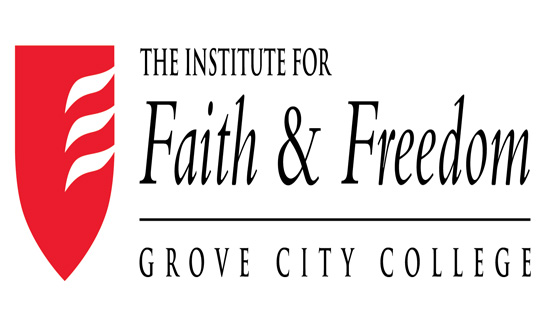Pittsburgh’s Star Crossed Casino Not So Majestic
It seems that if something can go wrong for Pittsburgh’s Rivers Casino, it will. From problems with ownership, location, long construction delays, a grand opening that fizzled, to six weeks of well-below projected revenues, not much has gone right for the North Shore slots parlor. The most recent disappointment comes from the bond rating agency Standard and Poor’s who have down-graded the casino’s bond rating from B to B-.
The problems of course began when the first owner, Don Barden, didn’t have enough capital to complete the project and was forced to sell the majority share to Neil Bluhm who was granted the Barden license. Barden’s lack of capital, which should have been discovered and recognized by the Gaming Board before the license was awarded, caused a delay in construction and ultimately the grand opening of the facility. Instead of holding a grand opening in March of 2008, the casino opened more than a year later in August 2009. The ideal time to open a casino in Pennsylvania is late spring as peak gambling occurs in the summer months of July and August. The trend among casinos statewide shows a decline in wager activity in the fall through late winter—the period in which the Rivers Casino is now entering.
Even though the casino opened in early August, its grand opening was a tremendous disappointment as gross terminal revenues came in at only 61 percent of projections. Seven weeks after the grand opening, the results have remained dismal as the casino is on a yearly pace to earn $215 million—well below management’s projections of $427.8 million.
This poor performance has caught the eye of Standard and Poor’s. Their analysis is cause for worry for casino management and investors. The rating agency downgraded the bond rating for the Rivers Casino’s affiliate Holdings Gaming Borrower from B to B-. Concerns over the casino meeting its debt obligations in light of the poor revenues over the first six weeks of operations has also caused the agency to put Holdings Gaming Borrower on its credit watch list, with negative implications—a sign the rating could fall even lower in the near future.
Standard and Poor’s indicated that a casino reserve account, set up to meet interest obligations on its bonds, could be exhausted as early as the first quarter of next year. Unless casino revenues begin to reverse fortune, the Rivers Casino will have trouble meeting its debt obligations of $55 million in 2010 which will rise to $75 million in 2011. The reduction in the rating reflects this pessimism.
A spokesman for Standard and Poor’s claims the downgraded rating is "not atypical" for a fledgling casino, he notes that "generally speaking, about 30 percent of new casinos don’t survive under their original capital structure." Considering all that is riding on the success of the casino—community agreement, payments for a new hockey arena, and host fees for the County and City—the possibility of failure has to have area leaders nervous.
If the casino were to go into default on its debt and declare bankruptcy, state taxpayers who are backstopping the arena bond payments would be on the hook. Will legislative leaders, who haven’t yet passed a state budget this year, be able to find an additional $7.5 million per year to pay arena bonds? We may quickly find out as the first installment on the arena bonds is due October 1st and Bluhm has been reluctant, or unable, to make the payment and has been negotiating with the Sports and Exhibition Authority for the last few months on the topic with no resolution in sight.
What does all this say about the future?
As we have documented in past Policy Briefs, the troubles of Pittsburgh’s slots parlor have been legion. It has had ownership issues and opened in the midst of a severe recession. It has serious competition and has location issues. The early revenues are way below projections and have caused its credit rating to fall with the possibility of a further reduction unless revenues see a dramatic turnaround. But there is more trouble ahead for the casino as Ohio has legalized slots gambling at racetracks will create even more competition for the Rivers Casino, something it definitely does not need. Finally, the casino has yet to have its property assessed by Allegheny County. The completion of that assessment will add million of dollars in additional tax burden. All told, a worrisome time ahead for owners and managers at the casino.
________________________________________
Frank Gamrat, Ph.D., Sr. Research Assoc. Jake Haulk, Ph.D., President
________________________________________
For updates and commentary on daily issues please visit our blog at alleghenyinstitute.org/blog.
If you have enjoyed reading this Policy Brief and would like to send it to a friend, please feel free to forward it to them.
For more information on this and other topics, please visit our web site: alleghenyinstitute.org
If you wish to support our efforts please consider becoming a donor to the Allegheny Institute. The Allegheny Institute is a 501(c)(3) non-profit organization and all contributions are tax deductible. Please mail your contribution to:
The Allegheny Institute
305 Mt. Lebanon Boulevard
Suite 208
Pittsburgh, PA 15234
Thank you for your support.
You are receiving this e-mail because of a subscription with the Allegheny Institute for Public Policy.
If you no longer wish to receive our e-mails you may unsubscribe by responding to this e-mail and typing unsubscribe in the subject line.





